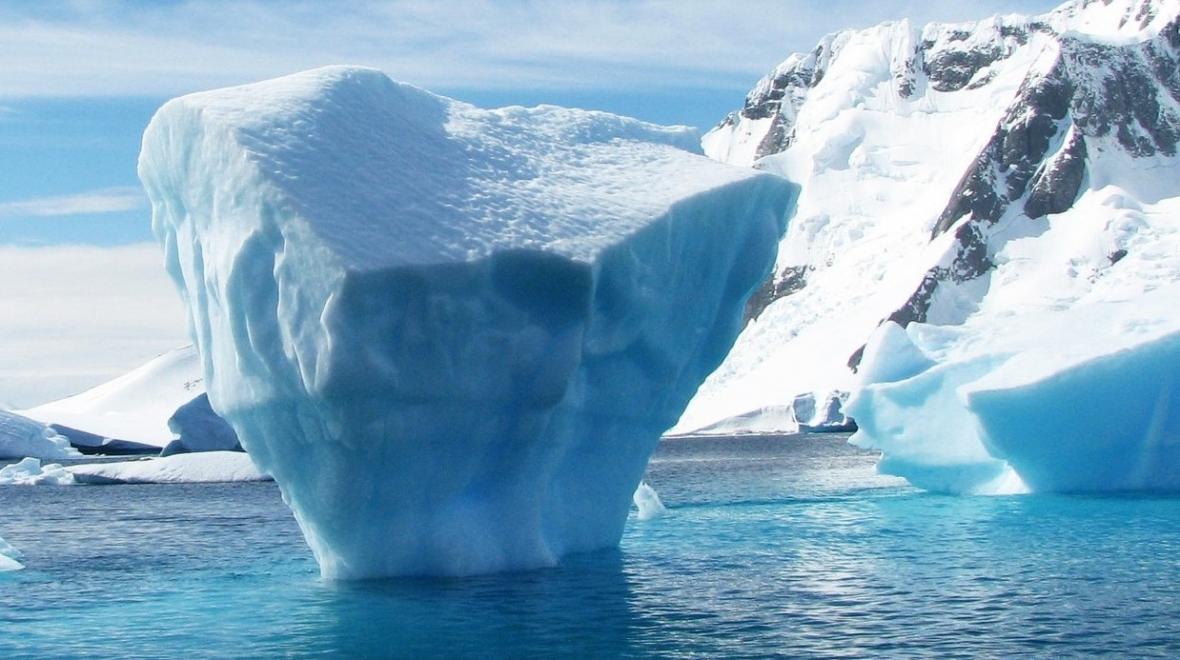This course collection showcases UBC Vancouver courses with climate change-related content. See more information for our featured courses or explore the full climate-related course list using the search tool below.
We welcome additions to this course list. If you teach a course that addresses climate change and would like your course added, email sustainability.hub@ubc.ca.
FEATURED CLIMATE COURSES
All students may take these courses since they have no pre-requisites, co-requisites or restrictions.
SEARCH ALL CLIMATE COURSES
Use our course finder tool to search and filter for climate learning opportunities at UBC. Climate courses are restricted to either graduate students or students in a certain year or above as noted in each course description. Search courses using keywords, selecting a Faculty or Subject or a certain year level.








